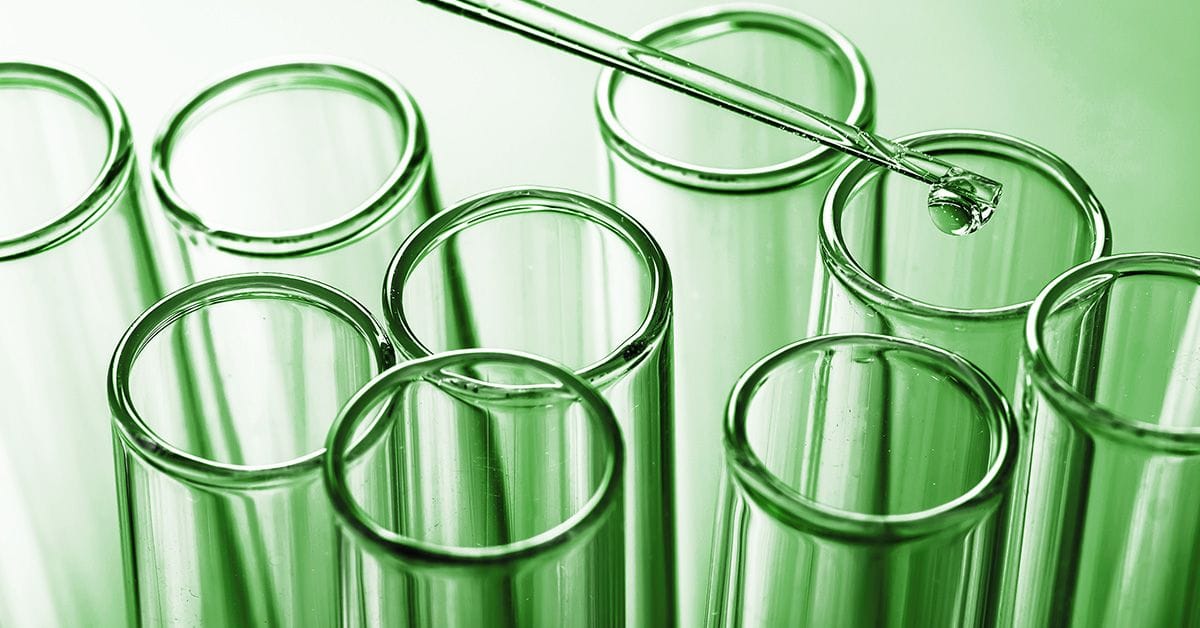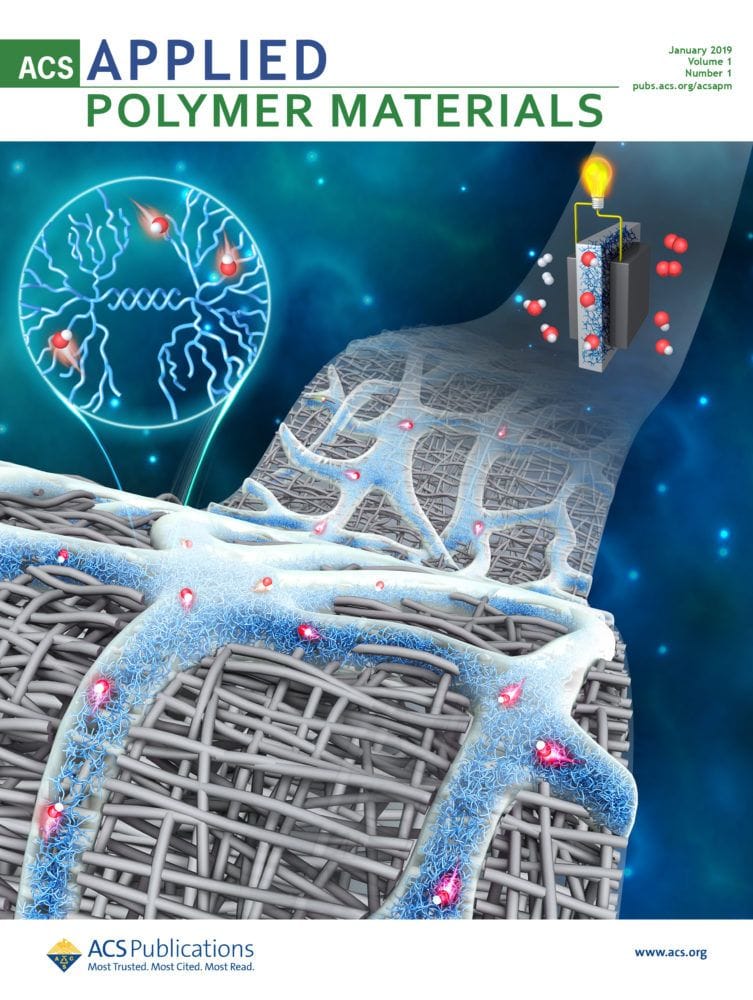This Virtual Special Issue will showcase studies about the synthesis, characterization, processing, and/or applications of ionic polymers. Submit your manuscript by September 30, 2024.

A wide range of ionic polymers are being developed in the last years which surpass the properties of classic polyelectrolytes. Typical examples of new ionic polymer systems are poly(ionic liquid)s, polyzwitterions, poly(deep eutectic solvents), iongels or eutectogels. These polymers can be considered as enabling materials in a number of different applications ranging from batteries, fuel cells, solar cells, corrosion protection, tribology, gas membranes, self-healing materials, elastomers, (bio)sensors and (bio)electronic devices. However, there still remain many challenges and opportunities in the development and application of these enabling ionic polymer systems.
This Special Issue in ACS Applied Polymer Materials will showcase studies about the synthesis, characterization, processing, and/or applications of ionic polymers. Studies related to the design, modelling, additive manufacturing of ionic polymers in different areas from sustainability, energy, biomedical, surface- or materials science are welcome.
We invite Articles, Mini-Reviews, Reviews, or Perspectives on all topics relating to enabling ionic polymers (but not limited to):
- Synthesis and advanced characterization of poly(ionic liquid)s, polyzwitterions, poly(deep eutectic solvents), iongels or eutectogels.
- Application of enabling ionic polymers in energy (batteries, fuel cells, solar cells), surface science (corrosion protection, tribology), materials science (gas membranes, self-healing materials, elastomers), health(bio)sensors and (bio)electronic devices, wound healing).
Organizing Editors
Prof. David Mecerreyes, Associate Editor, ACS Applied Polymer Materials
Prof. Mecerreyes is an Ikerbasque Research Professor at POLYMAT, University of the Basque Country in Spain. His research interests include the design of new polymers for applications in emerging technologies in energy, environment and bioelectronics. He has been contributing to the area of ionic polymers for more than 20 years and has published over 400 per-reviewed articles. His work includes the development of poly(ionic liquids) and single-ion conducting polymer electrolytes for batteries, iongels and eutectogels. Currently, he is developing a new family of soft ion conducting materials based on eutectogels and polymeric deep eutectic solvents for bioelectronic applications. In addition to serving as Associate Editor of ACS Applied Polymer Materials, he is an Editorial Advisory Board member of ACS Macro Letters.
Prof. Liliana C. Tomé, Guest Editor
Liliana C. Tomé is an Assistant Professor at the Department of Chemical Engineering, Faculty of Sciences and Technology, University of Coimbra in Portugal. She received a MSc in Materials Derived from Renewable Resources from University of Aveiro and a PhD in Engineering and Technology Sciences – Chemical Engineering from Instituto de Tecnologia Química e Biológica António Xavier (ITQB NOVA), Portugal. She has authored 70 peer-reviewed research publications on the topics of poly(ionic liquid)s, ionic liquids, polymer materials, membranes, and separations. A total of over 2800 citations and h-index = 31 (Scopus). Awarded with a Marie Skłodowska-Curie Individual Fellowship (2018-2020) and the L’Oréal Portugal Medal of Honor for Women in Science 2020. Her areas of research are centered on the development of ionic liquid, deep eutectic solvents, and polymer-based functional materials for separation, monitoring, and sensor applications.
Prof. Jason E. Bara, Guest Editor
Jason E. Bara is a Professor at The University of Alabama, United States, in the Department of Chemical & Biological Engineering. Jason received a B.S. in Chemical Engineering from Virginia Commonwealth University and a Ph.D. in Chemical Engineering from the University of Colorado at Boulder. He has authored more than 160 peer-reviewed research publications in the areas of gas separations, ionic liquids and green solvents, and polymer membranes. In recent years his research interests have expanded to the depolymerization and upcycling of plastic waste and liquid-liquid extractions. To date, Jason has been awarded 15 patents for discoveries in these areas. In recognition of his research, he has received awards including the NAMS Permeance Prize (2024), the Early Career Fellow from the Industrial & Engineering Chemistry Division of ACS (2021), and the FRI/John G. Kunesh Award from the Separations Division of AIChE (2015).
Submission Information
We welcome submissions for this Virtual Special Issue through September 30, 2024. All manuscripts will be peer-reviewed to ensure they fit the scope and meet the high scientific publishing standards of ACS Applied Polymer Materials prior to acceptance. If your paper is accepted, your work will be highlighted as a significant contribution to this growing field of exploration.
Accepted publications will go online as soon as possible after acceptance and be published in the next available issue. In the Fall of 2024, the publications on this topic will be gathered into a Virtual Special Issue on a dedicated webpage and be promoted as a collection.
If you have any general questions regarding submission to this Virtual Special Issue, please contact Professors David Mecerreyes, Liliana C. Tomé and Jason Bara.
How to Submit
- Log in to the ACS Paragon Plus submission site.
- Choose ACS Applied Polymer Materials as your journal.
- Select your manuscript type.
- Under “Special Issue Selection,” choose “Properties and Applications of Enabling Ionic Polymers."
Please see the journal's Author Guidelines page for more information on submission requirements.
Open Access
There are diverse open access options for publications in American Chemical Society journals. Please visit our Open Science Resource Center for more information.
